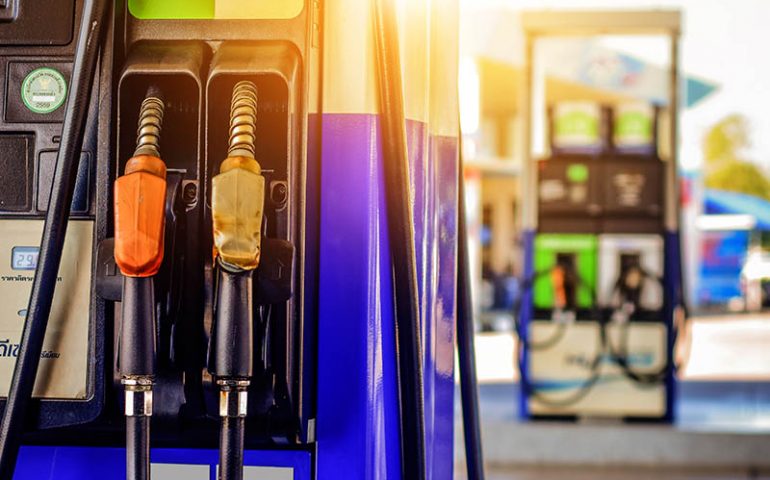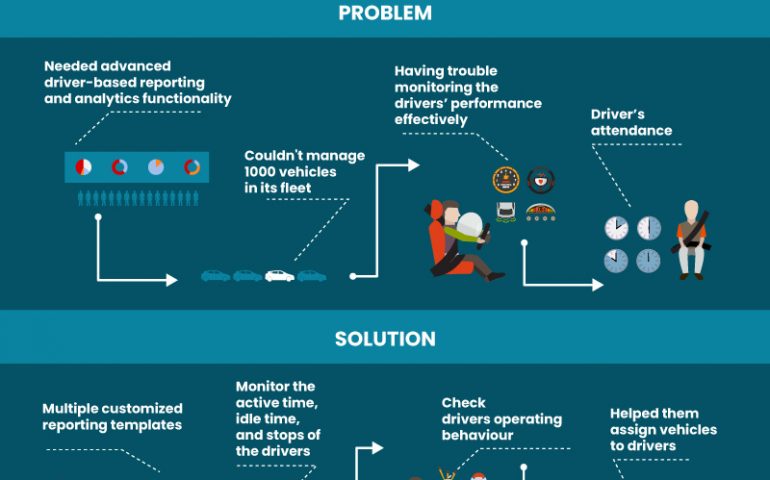Top 5 Tips to Save Fuel
Every fleet business desires to reduce expenses and enhance its profitability. How to do it? This question is prevalent in the telematics industry. Some businesses turn to strict monthly audits to control their expenses, while others deploy fleet management systems.
It is critical to estimate and focus on all the areas of considerable spending. Fueling is one such aspect of fleet operations that proves to be very expensive. Keeping the fuel cost in check can have a positive impact on the overall profitability. In this blog, we will discuss five tips for achieving fuel-efficiency.
Reduce Usage of Air Condition:
Some factors are responsible for excessive fuel consumption, and one of them is air conditioning. It puts a load on the engine resulting in more drainage of gas. So, it is essential to use air conditioning where it is necessary. Do not use it for air circulation; instead, open windows to do so. Another effective method is to run AC once and then closing the windows to preserve the cold interior.
Drive Efficiently:
All the other efforts to save fuel will go in vain without efficient driving. From timely gear shifting to applying light pressure on pedals, everything helps save fuel. According to an estimate, efficient driving saves up to 20% of fuel. It can make a big difference during fleet operations, where many vehicles are taking several trips daily. Efficient driving not only preserves fuel but also makes vehicles sustainable.
Conduct Preventive Maintenance:
Maintaining the vehicle properly ensures that all the parts remain in good condition. With efficiently working machinery, there is a lesser consumption of fuel. Therefore, it is essential to preserve the vehicle’s healthy condition by timely conducting all the maintenance requirements. From an engine oil change to upgrading spare parts, it is vital to take care of the vehicle to prevent any long-lasting issues.
Read Also: How Fuel Monitor Flotilla fleet GPS tracking system work
Avoid Long Idling:
The fuel consumption does not stop till the engine is turned off. It is the worst habit for a driver to idle for long durations as it is both non-productive and expensive. When the engine restarts, its fuel consumption equals 30 seconds of idling. Therefore, it is crucial to turn off the engine when you are idling for a more extended time period.
For fleet operations, reducing idling time can prove to be a big relief for the business. When the drivers tend to idle less, it means lesser fuel cost and more profitability. Nowadays, the modern fleet management systems tell all the details regarding driver activity including idling time. It helps managers in keeping a strict check and balance on the drivers during daily trips.
Keep Vehicle Light:
The vehicle’s weight is also a critical factor in determining fuel consumption. A heavy vehicle puts more load on the engine, causing it to consume more gas. Therefore it is essential to remove the extra weight from the vehicle. Try to remove all the unnecessary things from the trunk to ensure a smooth and fuel-efficient ride.
Fuel efficiency is the ultimate goal during fleet operations. Every business employs all the possible measures from fleet management systems to vehicle maintenance to control their fuel expense. Keeping the above-mentioned tips in mind can help companies reduce their fuel cost and achieve more profits.







